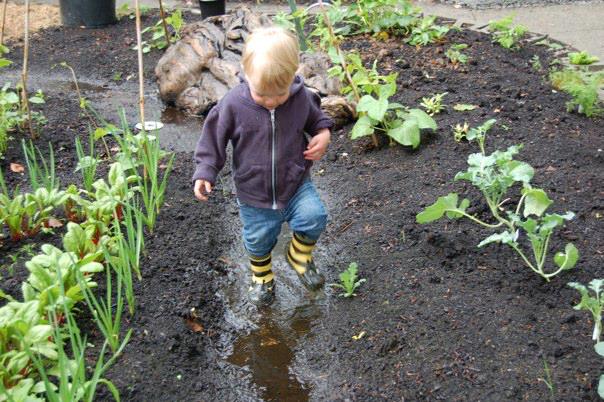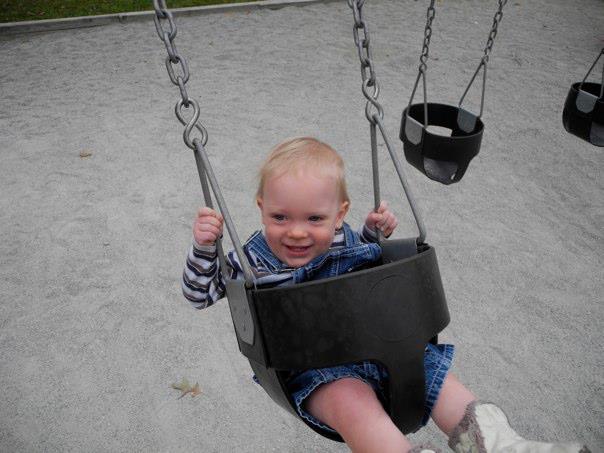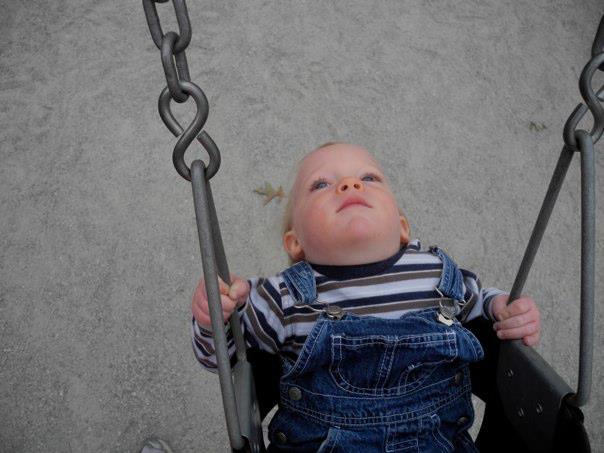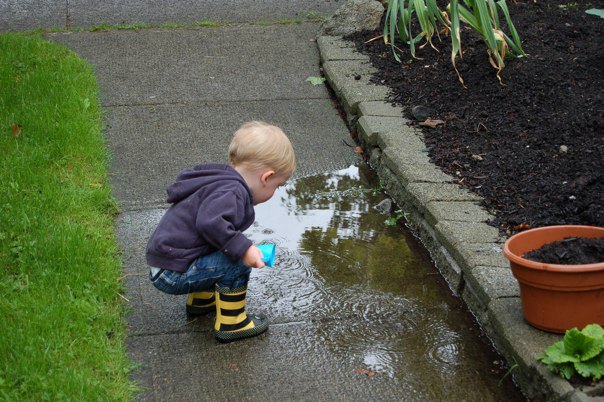This evening, I walked my son down the street toward the place where his father was waiting to pick him up.
It was an ordinary hand-off on an ordinary day, except I carried that soft, watchful question I always carry now, held quietly in my chest until the timing feels right. I asked if he was feeling any better now that he hadn’t been at school for a little while. He said maybe.
I said that makes sense—it might not feel better overnight.
I wanted to give him space, but I also wanted to offer a kind of story, a thread, something to let him know this isn’t failure or brokenness or permanent.
I said that once, in my early twenties, I burned out completely and moved home to live with my mom. I told him I couldn’t work or really do anything for two years. And he said oh. That was the exchange. And then he was gone.

Weeping
And then I stood there on the street, in front of my building, crying. Again. Always again. This neighbourhood doesn’t see me. But sometimes it sees my tears. And I hate being that woman—the one crying in the open, raw and exposed.
I scan for neighbours. I calculate escape. I try to make the crying small.
The glittering conversation we used to share
He used to want to talk to me. He used to follow my voice with his whole body. We used to talk about special interests for hours—bouncing thoughts, connecting ideas, unspooling threads of curiosity that shimmered between us like something ancient and secret.
But lately, that sparkle has vanished. Lately, when I speak, he tells me to shut up. He doesn’t want to hear me, because he’s busy. He recoils. He snaps. And I know it’s his nervous system talking. I know he’s overwhelmed. I know his PDA makes even warmth feel like a demand. But still—it hurts.
I miss him.
Just a parent
I miss the us that used to exist in those conversations.
A mother’s nervous system remembers
And I see myself in him. That’s what makes this harder. I recognise the impulse, because I’ve felt it my whole life—when someone is talking, and you’re supposed to listen, but your brain is flaring with urgency, and you want them to stop, just stop, because their words are crashing into the fragile architecture of your attention.
I’ve wanted to say shut up.
Just a Parent
But I never do. I trained myself to smile. I perform attentiveness. I wait for them to finish and offer the fastest polite reply I can manage, just so I can return to the thing I was holding before their words arrived.
He doesn’t mask, and I don’t flinch

I was conditioned to make people comfortable. He wasn’t. Or rather, he hasn’t yet been made to hide the impulse entirely.
And that, too, is a kind of harm—because it means I am the one absorbing it. It means I don’t flinch when he tells me to shut up. It means I swallow my grief and call it understanding.
But I’m tired.
I’m so tired of always giving, always adjusting, always being the steady one, the safe one, the person who never pushes back because he can’t handle pushback, the person who carries the emotional weight because he can’t carry any of it himself right now.
What masking takes from all of us
And still, I do not want him to mask. I do not want him to learn to perform politeness at the cost of his peace.
I know what that does.
But I also want connection. I want reciprocity. I want to be a mother, not a sponge. I want to speak without flinching in advance, without calculating whether this word or that tone might tip him over into resistance or shutdown.
I want to be loved in return.
The therapy he couldn’t continue
There’s a deeper cruelty beneath all of this. It’s the years they spent praising his masking. It’s the way they rewarded his quiet collapse. It’s the way they ignored the signs of strain and treated his composure as competence. Because of them, he is burnt out and refuses help. Because of them, he could no longer tolerate therapy, since he was exhausted. Because of them, we lost our chance to learn and adapt. He could have learned to catch the flare of anger that rises when he’s interrupted. He could have learned to breathe through it. To name it. To reroute it. To create a new story. But instead, they insisted on performance.
Home became the damage sink
He was surviving school, barely, and that survival required everything he had. By the time he came home, he had nothing left. And so therapy became impossible. His dad and I became the debrief zone, the trauma sponge, the last line of defence. And every week, we held more and more. Every week, the connection between us thinned, because holding is not the same as sharing. And survival is not the same as living.
There was a moment, during one of many calls with the school, when I tried to explain this. I said that getting him to school every day was mortgaging my relationship with him—that every missed support, every rupture left untended, every do-over they forced us through, was like taking out a second mortgage on the only trust we had left. I remember the silence on the other end of the line. I remember thinking: they will never understand the currency of this cost.
The systemic betrayal of families like mine
This is what schools do when they ignore demand avoidance and reward masking. They force families to absorb the very damage their policies inflict. They create children who “cope” in public and collapse in private. They steal our tools for healing. They make therapy impossible. They make joy impossible. They make love harder to feel, because everyone is so busy trying to manage impact without naming cause.
Even my grief is interpreted as pressure
And when I speak about this—when I try to say I’m lonely, or grieving, or overwhelmed—it feels like pressure to him. It feels like another demand. Even my sadness becomes something he cannot bear. So I swallow that, too. I disappear just a little more.
This is the thing that breaks mothers
This is the part no one prepares you for. This is the thing that breaks mothers, that breaks parents, that breaks families in invisible ways. It’s not the diagnosis. It’s not the challenging behaviour. It’s the systemic denial of truth, the celebration of suppression, the erasure of everyone who pays the cost. It’s watching your child become less reachable while everyone else tells you how well they’re doing.

What I still believe in
I want him to feel safe enough to unmask because I believe in the possibility of repair. I believe in the story that begins again. He still wants to be a part of the group that ejected him. I believe that children should be allowed to learn how to be themselves without punishment.
The school didn’t just fail to support him. They created the conditions that made healing inaccessible. They took a child with profound emotional insight and taught him to shut it down. They took a family with open lines of connection and filled them with static.
And I’m left crying outside my building, trying to make sense of all we’ve lost, trying to remember the last time we talked about something just for fun.







